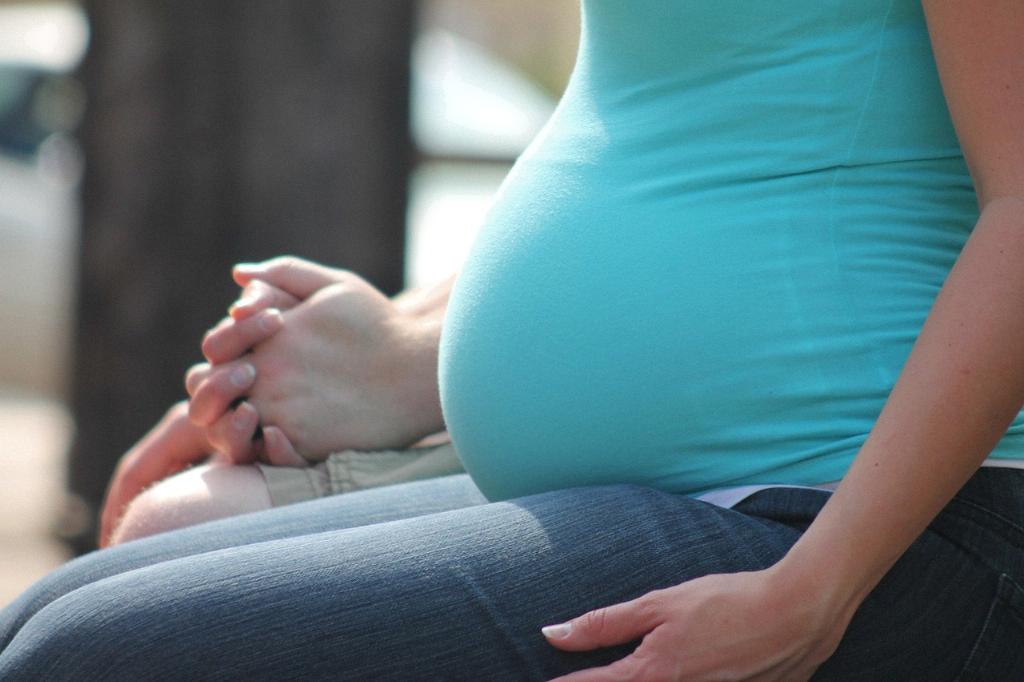When it comes to the topic of miscarriage, many women have concerns and questions about the signs and symptoms they should be aware of. One common question that comes up is whether it is possible to miscarry with brown discharge. It’s important to understand the different types of bleeding and discharge that can occur during pregnancy and what they may indicate.
Firstly, let’s delve into what miscarriage entails. Miscarriage, also known as spontaneous abortion, is the loss of a pregnancy before the fetus can survive outside the uterus. It is a heartbreaking experience for any woman to go through and can be caused by various factors, including genetic abnormalities, hormonal imbalances, and maternal health issues.
One of the most common signs of a miscarriage is vaginal bleeding. This bleeding can manifest in different ways, ranging from light spotting to heavy bleeding with bright red blood or clots. However, it’s essential to note that not all vaginal bleeding during pregnancy indicates a miscarriage. Brown discharge, in particular, is often a cause for concern for many women.
Brown discharge during pregnancy can have various causes, including implantation bleeding, hormonal changes, or the shedding of old uterine tissue. In some cases, brown discharge may be completely normal and not a cause for alarm. However, when accompanied by other symptoms such as cramping or sharp abdominal pain, it could potentially indicate a miscarriage.
It’s crucial for pregnant women experiencing any type of bleeding or discharge to consult their healthcare provider immediately. A healthcare professional can perform tests, such as ultrasounds and blood work, to determine the cause of the bleeding and whether a miscarriage is occurring. Early detection and intervention are key in managing a potential miscarriage.
When it comes to brown discharge specifically, it is essential to monitor the quantity, color, and consistency of the discharge. In some cases, brown discharge may be harmless, while in others, it could signal a miscarriage or another underlying issue. Keeping track of any accompanying symptoms, such as fever or dizziness, can also provide valuable information to healthcare providers.
If a miscarriage is confirmed, it’s essential for women to prioritize their physical and emotional well-being during this challenging time. Seeking support from loved ones, counseling services, or support groups can help navigate the grief and loss associated with a miscarriage. Remember, you are not alone, and it’s crucial to take care of yourself during this difficult period.
In conclusion, the presence of brown discharge during pregnancy can be a cause for concern, but it does not always indicate a miscarriage. It’s essential to consult healthcare providers for proper evaluation and guidance. Understanding the signs and symptoms of miscarriage can help women make informed decisions about their health and well-being during pregnancy.

